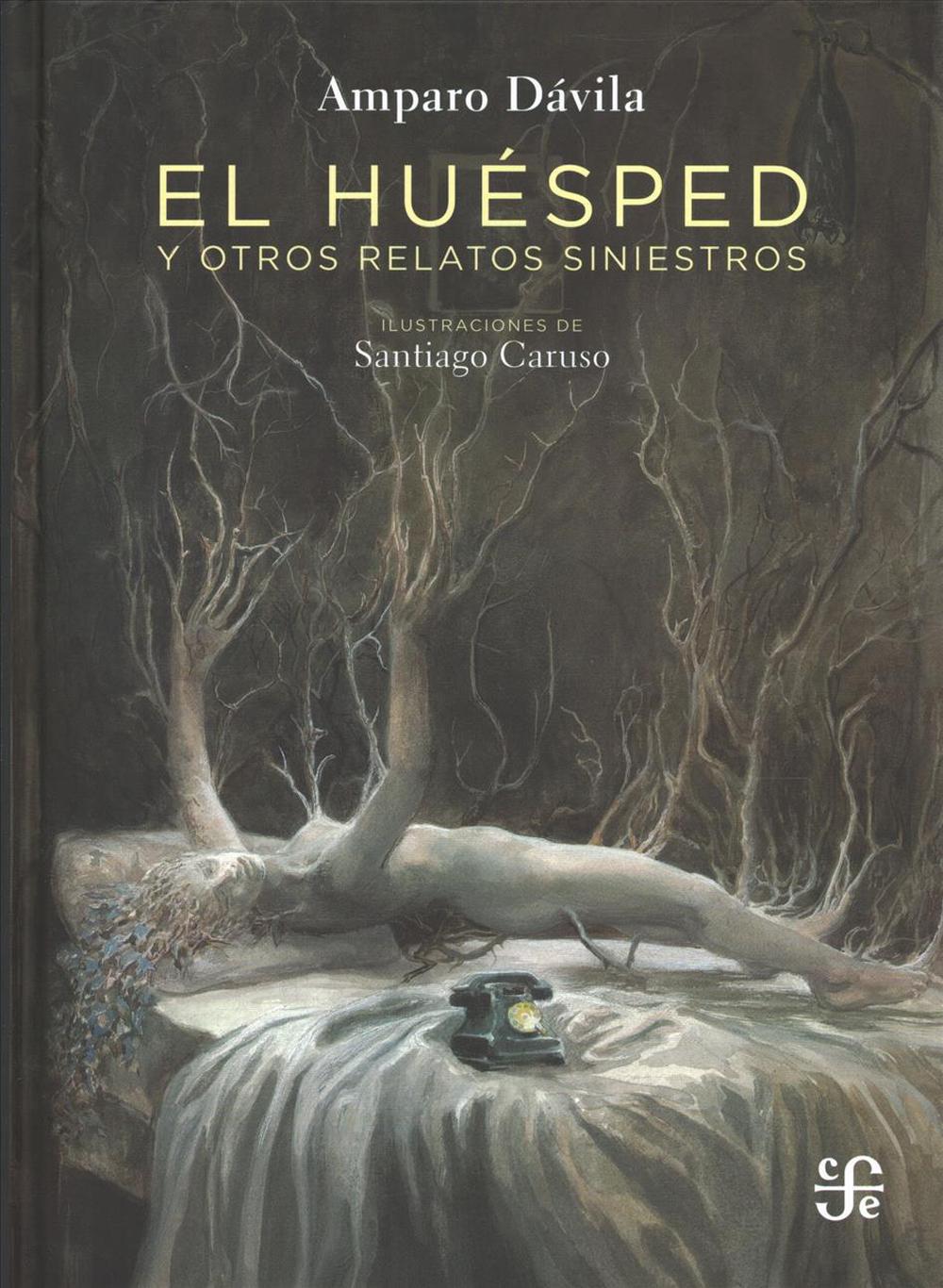


It does take sacrifices, but it was all worth it when the book came out, and we did readings in San Francisco, New York, and Los Angeles and were connected with so many of Dávila’s admirers, such as Mexicans who loved her work when they were growing up and were excited to see her in translation, or new readers who had never been exposed to her work. Shortly before The Houseguest was published, one of my friends commented that I hadn’t been persuaded to leave my apartment for social events for months. GJ: What would you describe to be the joys, and the isolating aspects, of the craft of translation?ĪH: It is very fine, detailed work, and it takes a lot of patience. Beyond that, I’ve translated my own work, academic essays. His mind can be a dark, suffocating place to be in though.ĪUDREY HARRIS: Prior to The Houseguest I did translation work (mainly contracts) for the Mexican tourist board, back before I began my PhD. I learned lots of street slang and highly baroque formal locutions from him. He was almost totally neglected in English until recently. When I first came to Mexico five years ago, I became fascinated by Revueltas because he’s a very important figure here, yet he has this kind of unassimilably underground character he was a lifelong Marxist militant, and his writing is dark, scabrous, grotesque, noirish, thorny, convoluted, and just plain weird. My translation of his novel Los días terrenales (Earthly Days) is scheduled to appear later this year with a publisher called Archive 48. New Directions published his El apando ( The Hole) last year, in a translation by Amanda Hopkinson and Sophie Hughes-a great favor for English speakers I recommend it. MATTHEW GLEESON: Before The Houseguest came out, I was working on translating the Mexican author José Revueltas.

GINA JELINSKI: I was curious if you could share with us some stories concerning your translation experience prior to Amparo Dávila’s The Houseguest? I hadn’tĪnticipated the bountiful insights they in turn provided me with. Mexican author’s co-translators, Matthew Gleeson and Audrey Harris. Satisfied with my hours spent basking in these unsettling lamentationsĮxpressed by Dávila’s narrators, I had questions, so I reached out to the great Dávila introduces us to the unavoidable intruders of our minds, theĭarkness we don’t exactly want to address. But these are more than bedtime storiesĬompendium of inescapable voices-ones which declare, rather than suggest, ourĪuthor’s distinct devotion to the art of illustrating compassion, isolation,Īnd trauma. Through my subconscious days after finishing The Houseguest for the first time. I could still recall fragments of Amparo Dávila’s stories waltzing


 0 kommentar(er)
0 kommentar(er)
